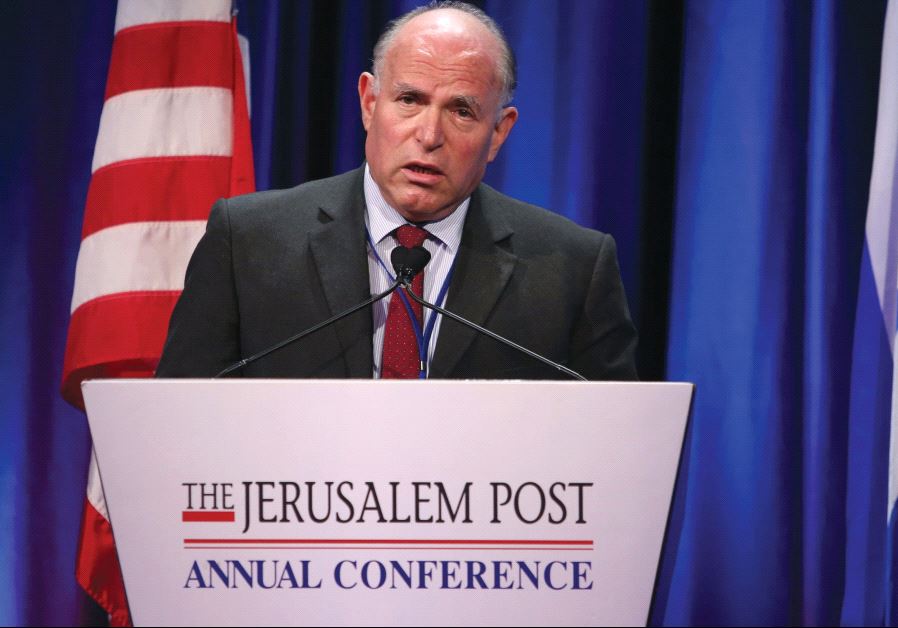Former NSC chief Arad: Netanyahu should pursue defense treaty with America
Trump leak won’t stop US-Israel intelligence sharing to fight terrorism.
 FORMER NATIONAL SECURITY COUNCIL chief Uzi Arad.(photo credit: MARC ISRAEL SELLEM/THE JERUSALEM POST)Updated:
FORMER NATIONAL SECURITY COUNCIL chief Uzi Arad.(photo credit: MARC ISRAEL SELLEM/THE JERUSALEM POST)Updated: